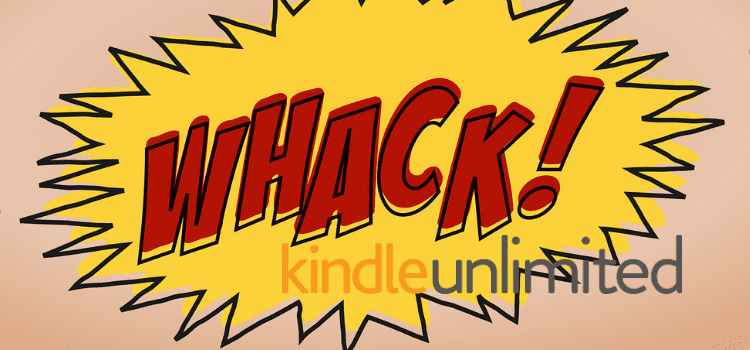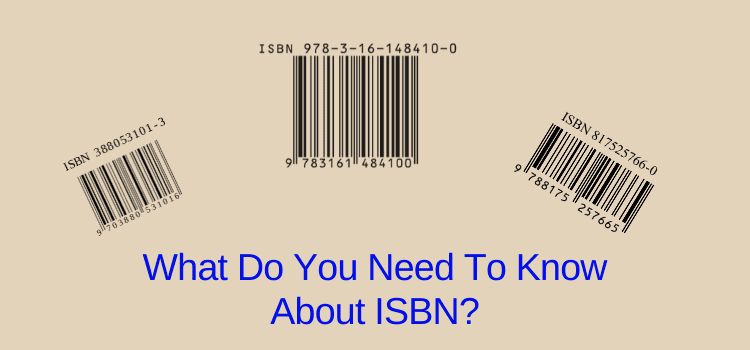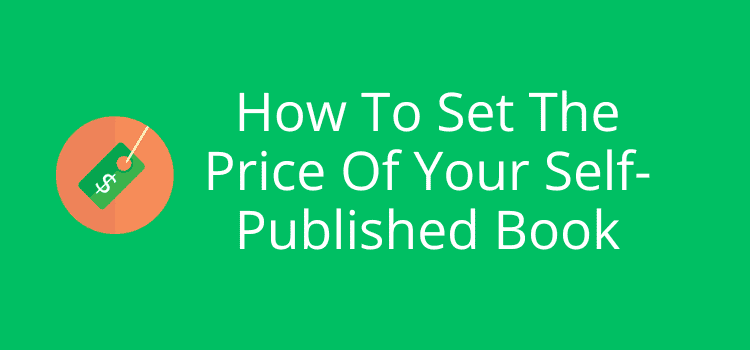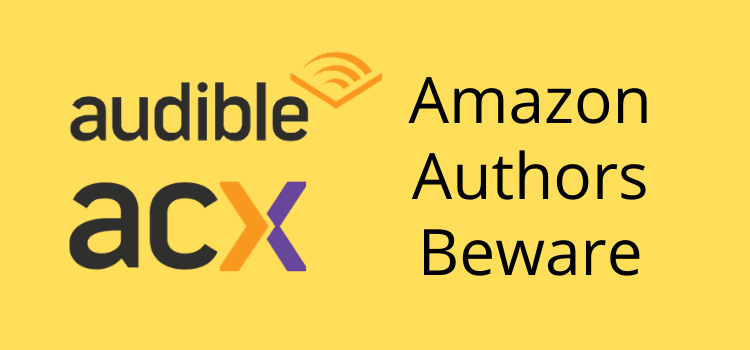
Amazon Kindle Unlimited royalties to authors will take a whack.
Amazon Kindle Unlimited says that it will charge $3.00 for Amazon Kindle Unlimited membership for Indian customers.
“As we’ve expanded KU to more countries, a number of the program’s elements – such as exchange rates, customer reading behavior, and local subscription pricing – now vary substantially by marketplace, making it clear that a ‘one size fits all’ approach won’t work.
As just one example, we recently launched KU in India with a local subscription price of ₹199 ($3.00) per month.As a result, starting with the November fund, we will work to take these marketplace differences into account, and payouts per country will differ based on local country factors.”
$3.00 per month for Kindle Unlimited?
That’s less than the average price for one ebook sale.
Okay, so $9.99 was a minimal line in the sand KU subscription price for authors to make a return on Amazon Kindle Unlimited earnings from the KDP Select Global Fund.
But how can authors expect to earn anything more than peanuts with a subscription service fee of $3.00?
At $9.99, authors make around half a cent a page.
But at $3.00, it will have to mean less than 0.002 cents per page.
If that is not a page rate close to nothing, I don’t know what is.
Different market
Sure, the Indian market is very different from the US or UK book market, and India has a LOT of readers.
But at $3.00 per month, where is Kindle Unlimited ebook subscription heading?
Will we have a $0.99 monthly membership for Amazon Kindle Unlimited in Zimbabwe because they can’t afford more?
Australia is having it tough in the mining industry, with plenty of people losing their jobs.
So why not reduce Amazon Kindle Unlimited membership for them to, say, $4.99.?
I mean, they are becoming unemployed quite quickly, so they will have plenty of time to read.
I’m lucky to live in Switzerland, where the living wage is more than three times that of the US.
So should I pay $29.99 per month for an Amazon Kindle Unlimited membership?
Authors would be happy because they would probably earn one and a half cents per page read from their writing.
But the point is mute because I can’t subscribe to KU, as it is still unavailable in Switzerland.
$9.99 per month for Amazon Kindle Unlimited is the very limit of a subscription model that can reward and pay authors with any degree of fairness.
But at $3.00?
Well, do your math on the pay-per-page read and what Kindle Unlimited royalties can be paid to authors.
I wrote that The Self-Publishing Train Wreck Is Upon Us.
But really, with this announcement from Amazon Kindle Unlimited, perhaps the train wreck is turning into the great self-publishing author train robbery.
What comes next?
Amazon Kindle Unlimited subscriptions based on the Bhutan Gross National Happiness Index?
Then readers could have their Amazon Kindle Unlimited subscription for free because they would be exceedingly happy about it.
Give me a break.
Related Reading: Kindle Unlimited Has A Problem – It Can’t Count Words
Share This Article



The Indian rupee has lost a tremendous amount of value vs. the American dollar in the last decade. If you are pinning what the cost of the KU in India should be to the consistent cost of $9.99 in the US since it began…the cost of KU in India should be dropping. Otherwise, it would be unfair to Indian readers that they would have to pay more in real money value every year.
I’m confused about how this is news when Tech Crunch announced back in 2015 the launch of Kindle Unlimited in India at 99 rupees ($1.50) that would soon switch to 199 rupees ($3.00)…does this mean the switch only just happened? If so, Amazon is now charging twice as much as what they’ve charged for the past 5 years. I regularly receive KU page reads payouts from Amazon India every month. Something wasn’t researched fully here.
I believe that the price changed in 2016 or 2017. But according to this FAQ on Amazon, the price is now Rs 169, which is about $2.30 on current exchange rates.
199 rupees in 2017 was…with the exchange rate….about $2.30
Ku pays out relative to the county.
the rate for US pages reads is different from the rate for UK reads.
the rate for India would be different again.
essentially it opens up a new market in India, the largest English speaking country in the world with a population of over 1 billion …
so, its a new market, and a revenue steam that did not exist before .
it a lower price, but then average earnings are much lower, disposable income is much lower, so a 3 dollar ebook in India is expensive comparatively
Most US and European authors do sell much in India due to our books being comparatively expensive.
so a market we don’t sell in, is going to be opened up for us to sell in it and has a possible billion readers… if it pays a third of the per page royalty as the US I think that is something we can live with, rather than sell nothing….
give me 100k page reads in India and I assure you I will be very happy …
Subscription services have never and will never be good for authors. They condition the most avid readers (ie, the big book buyers) to spend pennies instead of dollars. As long as authors are more worried about a quick buck than long term industry health earnings will continue to spiral down.
.002 x 1,000,000,000
I’ll take it with a smile.
All the more reason for authors to consider going to wide distribution (Smashwords or D2D) if KU reduces payments too much.
It may not be popular, but this is why writers need to treat writing as a business – just like Amazon does.
Amazon is going fishing – obviously the take-up at the old price point being insufficient, they are trying another. It’s called business.
Good point Derek. The counter argument would probably be that the low subscription costs would lure more readers into subscribing to Kindle Unlimited. That, in turn, would result in more pages read and result in an increase in page volumes, making up for the reduced per page royalty. In the perfect world it would – not so sure about the real world.
I am pretty sure the royalty payout model was shifted from borrows to pages read, specifically in preparation for the KU launch in India. It would not have been a sustainable model in India if KU was based on borrows rather than pages read. Even with payout based on pages read, I am sure the sheer volume of pages read by Indian KU subscribers has prompted the thought – “payouts per country will differ based on local country factors”.